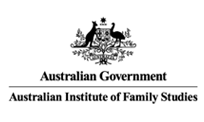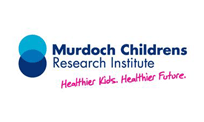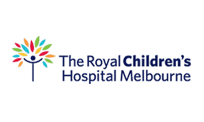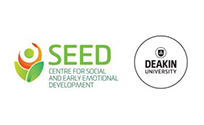Generations 1 & 2
Study Overview
The Australian Temperament Project is one of the longest running studies of social and emotional development in Australia and New Zealand. The initial study sample comprised 2443 families from urban and rural areas of the state of Victoria. Parents (Generation 1) and their offspring (Generation 2) have since been followed over 3 decades (15 waves) from 4-8 months into the 30s. Data has predominantly been collected via mail surveys, although study members have been given the additional option of completing the survey online in recent waves. Approximately two-thirds of the families are still participating after 40 years.
Under the leadership of one of the study founders, Professor Ann Sanson, the ATP has published over 170 papers on aspects of social and emotional development from childhood to adulthood, with findings broadly translated into practice, policy and educational settings. The ATP has also influenced the development of later longitudinal studies both overseas and within Australia. For example, the 18-year Tracking Opportunities and Problems study in Norway, the Longitudinal Study of Australian Children (Growing Up in Australia), the Longitudinal Study of Indigenous Children (Footprints in Time), and the ABC television series Life@ Series on child social and emotional development.
*Thank you to all families who have participated in the ATP over the years. You are part of a highly valued study which could not continue without your support. Additional participant information is available here.
Assessment Domains
The ATP traces the pathways to psychosocial adjustment and maladjustment across the lifespan, and investigates the contribution of personal, family and environmental factors to development and wellbeing. Major developmental pathways from infancy to adulthood include:
- Pathways to externalising behaviour problems, including: alcohol, tobacco, cannabis and other illicit drug use; aggressive and antisocial behaviour, and; school behaviour problems such as bullying.
- Pathways to emotional health and social wellbeing, including: emotional intelligence and regulation; civic engagement and volunteering; and personality strengths such as curiosity.
- Pathways to internalising behaviour problems, including: depression and anxiety; overweight and disordered eating; and personality sensitivities such as neuroticism.
The first four waves of data were collected at annual intervals from infancy to 3-4 years of age. From the commencement of primary school up to 19-20 years, the data collections occurred at two yearly intervals, with an additional assessment completed during the first year of secondary school in order to track wellbeing over this important developmental transition. Since early adulthood, there has been a four-year gap between the data collections (at 19-20 years, 23-24 years, 27-28 years).
Maternal and child health nurses, primary school teachers, parents (Generation 1), and from the age of 11 years, participants (Generation 2), have completed study questionnaires. These contributions provide a rich picture of social and emotional development from infancy to adulthood covering depression and anxiety, substance misuse, aggression and antisocial behaviour, obesity and eating disorders, sexual and reproductive health, temperament and personality, school adjustment issues and health.
The study also has extensive data on positive development, including emotional intelligence, social competence, civic mindedness and engagement, peer relationships, family functioning, parenting style and family environment. There have also been a number of smaller, in-depth studies addressing specific developmental and clinical themes in which sub-samples of families have been visited at home and the children individually assessed. DNA was collected on a subsample during adolescence.
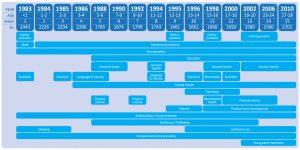
Interactive Study Diagram
Participant and family assessments can be fully explored at: LifeCourse Generation 1 & 2
If you are a Generation 1 or 2 study member, we would really like to stay in touch! If you have moved or changed any of your contact details, please update your details via our secure form here.

